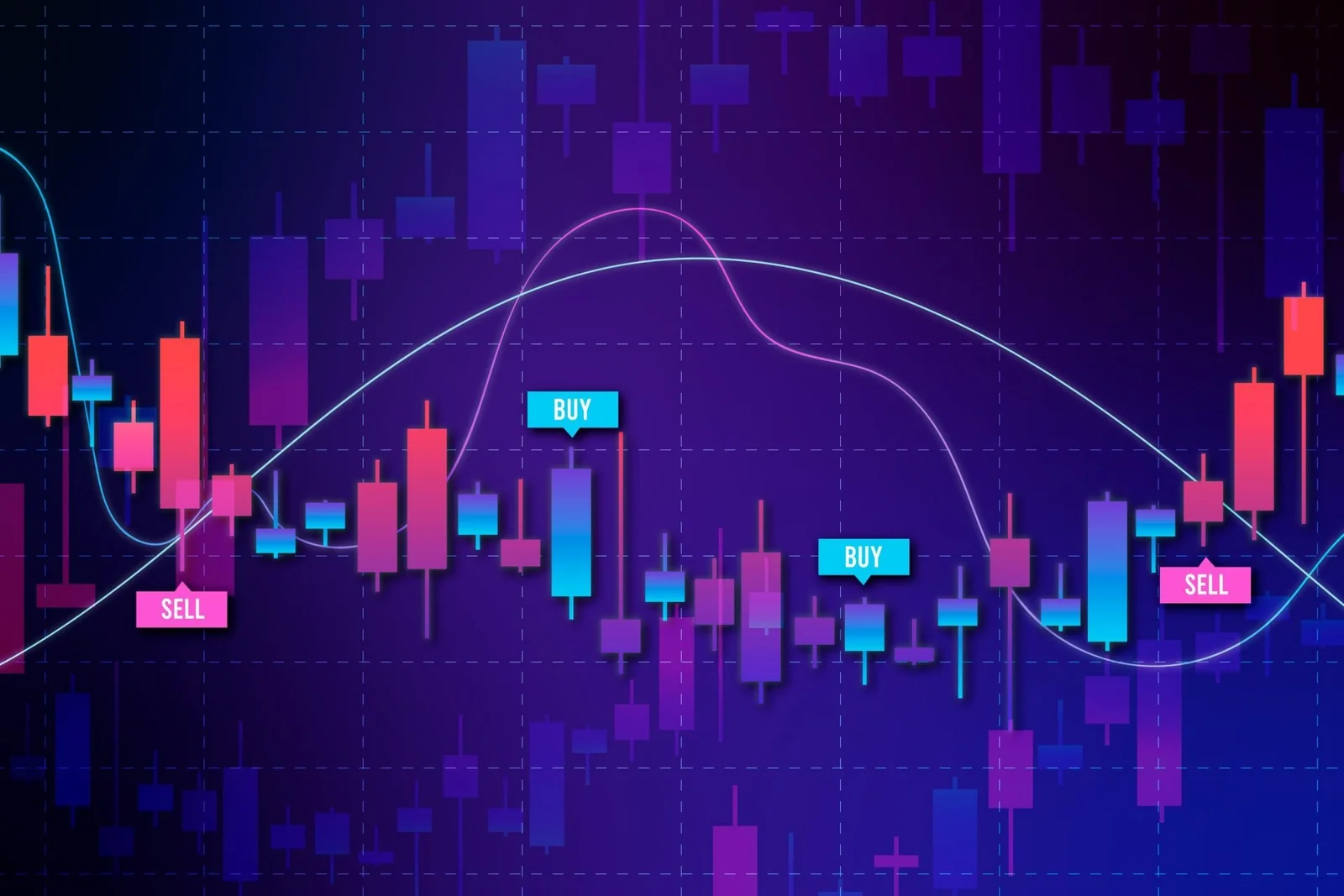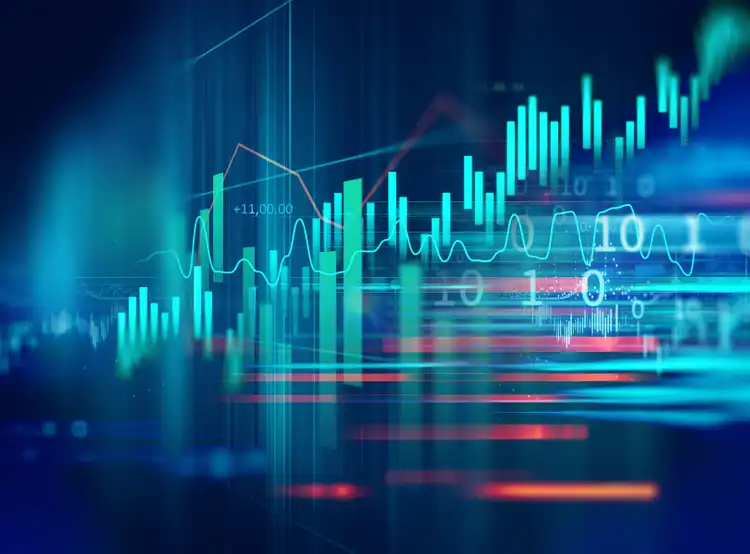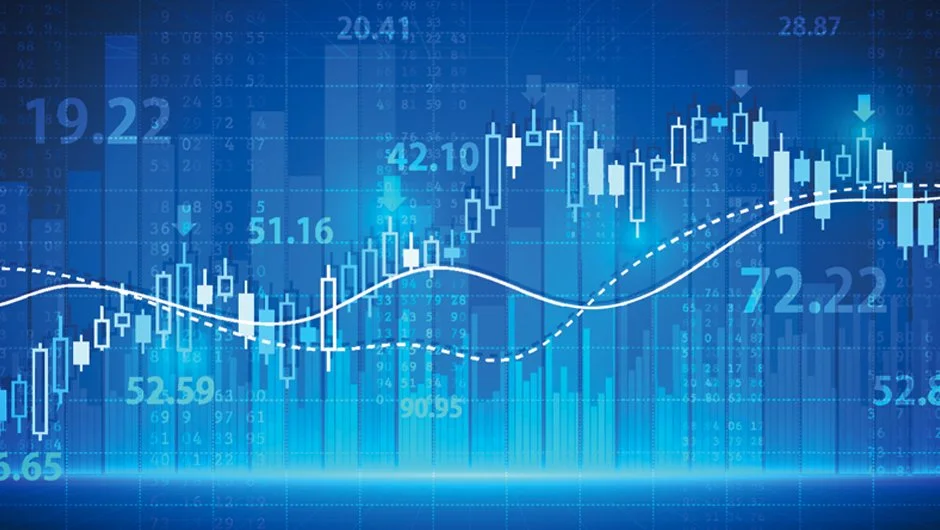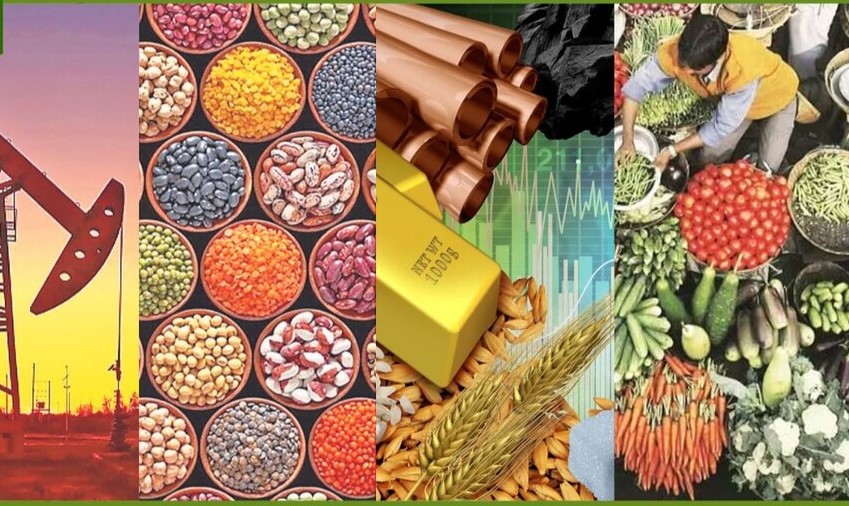Discover A World Of Trading Opportunities
Learn about our products
Learn how to trade forex


How to Trade Indices?
How to trade precious metals


Learn How to Trade Cryptocurrencies
In many ways, cryptocurrency trading is similar to forex trading. Because our cryptocurrencies are priced in US dollars, you can make predictions about whether they will appreciate or decline in value relative to the currency of your choice.
Placing a buy order on BTC/USD indicates that you think the price of Bitcoin will increase relative to the US dollar. Based on the price movement and the size of your positions, if the price increases, you will be profitable. Your account will incur losses if it declines.
Trading forex and trading cryptocurrencies differ primarily in two ways. The crypto markets are still developing and very unstable. Risk management is therefore crucial for traders who want to take part in this fast-paced trading environment.
The second significant distinction is that cryptocurrencies are unaffected by monetary inflation. Governments have complete control over the printing of fiduciary currency. The market caps of cryptocurrencies, however, are predetermined.
Learn How to Trade Shares
Share trading is a popular choice among traders who want to take a position directly on individual companies. From technology and telecommunications to health care and utilities, share trading offers endless options in terms of sectors and risk levels.
Trading profits are generated by buying a share at a low price and selling it at a higher one or by selling at a high price and buying at a lower one, if you think that the share of a company will decline.
With CFD trading you can go both long and short, and all that without having to pay any commission. Find out more about our shares offering on our Contract Specifications page.


Learn What Are Commodities?
The most typical feature of energy prices is high volatility, which is the result of numerous political and environmental factors that influence it. Many supply and demand factors also affect energy prices, the strongest of which is global economic growth. In times of economic prosperity the demand for energies increases, while a decrease in consumption occurs when economy stagnates.
Beside economic changes, extreme weather conditions can also have a great impact on energies, leading to supply disruptions of crude oil, natural gas, or heating oil. As a result, such conditions can decrease or increase demand for many consumer services related to these energies. Moreover, global energy prices are highly affected by the political instability in some of the world’s biggest natural gas fields.
Oil trading is a globalized, 24-hour market, with its prices in constant motion. This makes it an ideal instrument for day traders who look for fast movements and choose CFDs as the easiest way to trade on oil prices.
Learn how to trade Energy
The most typical feature of energy prices is high volatility, which is the result of numerous political and environmental factors that influence it. Many supply and demand factors also affect energy prices, the strongest of which is global economic growth. In times of economic prosperity the demand for energies increases, while a decrease in consumption occurs when economy stagnates.
Beside economic changes, extreme weather conditions can also have a great impact on energies, leading to supply disruptions of crude oil, natural gas, or heating oil. As a result, such conditions can decrease or increase demand for many consumer services related to these energies. Moreover, global energy prices are highly affected by the political instability in some of the world’s biggest natural gas fields.
Oil trading is a globalized, 24-hour market, with its prices in constant motion. This makes it an ideal instrument for day traders who look for fast movements and choose CFDs as the easiest way to trade on oil prices.




